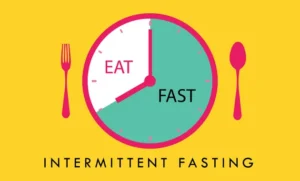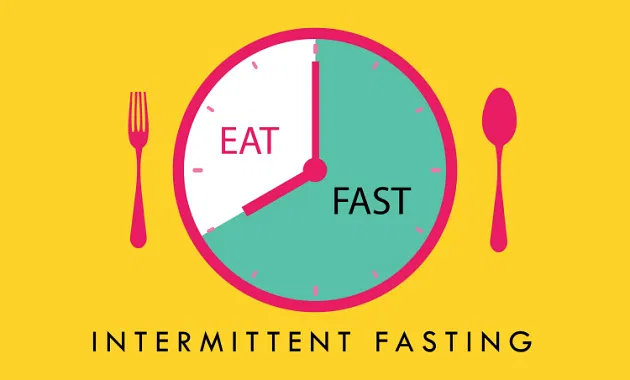Intermittent Fasting for Weight Loss: Surprising Side Effect You Need to Know
Intermittent fasting is a popular way to lose weight, but a study reveals a hidden downside that needs more attention.
Intermittent fasting, a popular method involving periods of eating and fasting, is often recommended for weight loss. While it’s commonly paired with dieting and exercise in weight management plans, a study published in the journal Cell highlights a surprising downside: intermittent fasting may slow down hair regrowth.

Intermittent Fasting May Impact Hair Growth, Study Suggests
A recent study found that intermittent fasting could slow down hair growth. The research, conducted on mice, revealed that strict eating patterns—alternating between periods of eating and fasting—delayed hair regeneration. Mice subjected to fasting regrew hair much slower, taking up to 96 days for partial regrowth, compared to just 30 days for non-fasting mice. While the effect is expected to be less pronounced in humans, it could still pose a potential risk. The delay in hair growth is linked to how the body shifts its energy sources during fasting, prioritizing vital functions over hair regeneration. This finding highlights a potential downside of intermittent fasting for those concerned about hair health.
How Intermittent Fasting Affects Hair Growth: A Study by Chinese Researchers
A study led by stem cell biologist Bing Zhang from Westlake University in China has uncovered how intermittent fasting impacts hair follicle stem cells (HFSCs), which play a key role in hair growth. These cells depend on glucose for energy, but during fasting, the body switches to burning fat for fuel, releasing fatty acids into the bloodstream. Unfortunately, HFSCs cannot efficiently process these fatty acids, leading to oxidative stress. This stress can overwhelm the cells and slow down hair growth.
How to Manage This Side Effect
Researchers suggest that antioxidants can help counter this issue. The study found that applying vitamin E topically or boosting antioxidant levels through genetic means can reduce oxidative stress and support hair health. This underscores the importance of maintaining a balanced diet with adequate nutrients while practicing intermittent fasting.
Lead researcher Zhang also highlighted that responses to fasting vary based on individual genetics, diet, and lifestyle, so results may differ from person to person.
Key Takeaway
If you’re fasting and concerned about hair health, consider including antioxidant-rich foods or supplements in your routine and consult a healthcare professional for personalized advice.
Read More: @Epipedia
